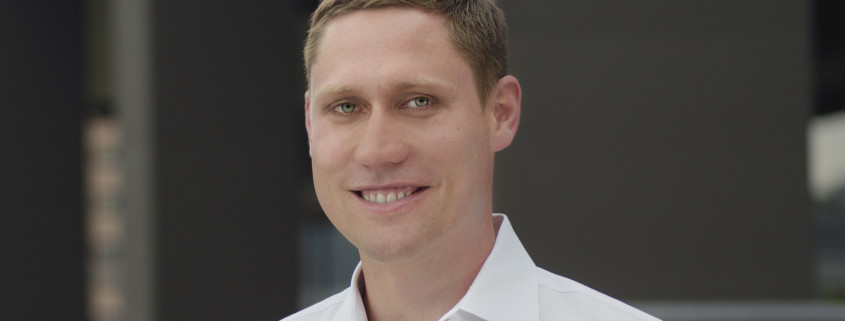Your Own Experience Is the Hardest Teacher (But Others’ Experience Is the Easiest)
By Jason Forrest, CEO, Head Coach Forrest Performance Group
What could you accomplish if you had unlimited brainpower and several lifetimes’ worth of experience to bring to bear on solving a problem? The truth is—you do have access to such unlimited power. And it’s not some pill you’ve seen in a science fiction movie. It’s in the people you know. An effective mastermind group of peers—high level executives from a variety of industries—can be invaluable to your business.
Merriam-Webster defines mastermind as “a person who supplies the directing or creative intelligence for a project.” Wouldn’t it be amazing to have the chance to interact with and learn from someone who could provide this kind of leadership and know-how in an area that’s not exactly your sweet spot? Multiply that level of amazing by two, three, even eight, and you’ll get a sense of what a truly incredible, game-changing resource a mastermind group can be.
A mastermind group—a concept I first learned about from Think and Grow Rich by Napoleon Hill—is a place to share ideas, learn best practices, and benefit from others’ brains, experience, and belief systems. The book calls such a group “a coordination of knowledge and effort and a spirit of harmony between two or more people for the attainment of definite purpose.”
The benefits of such coordination have been invaluable to me personally. For a number of years, I’ve been part of a nine-person mastermind group of entrepreneurs. Each of the eight others in my group has contributed valuable insight that has helped me overcome challenges, specifically in the realms of HR, marketing, and financing.
Here’s how to start a mastermind group to reap similar benefits for your own business:
- Assess yourself. Consider all the tasks you’re responsible for and identify a few areas where you excel and a few where your skills could be sharper.
- Explore your network. See who you know or could get to know who likely has a strength you’d like to develop.
- Assemble the team. Pitch the idea when you meet with potential mastermind colleagues. Be up front—let them know what you’re looking for, and what you bring to the table.
- Share the wealth. Introduce connections to one another. Get the ball rolling by finding ways to support a new colleague using your unique strengths.
You now have the makings of a mutually-beneficial mastermind group. Here are a few experience-tested pointers to keep it going strong:
- Don’t confuse your role within your company with your role in your mastermind group. In your own company, you’re a leader and likely seen as the mastermind. In contrast, your mastermind group should consist of peers—each with valuable expertise. No one is the leader, and your role is not to manage or be managed. It is simply to share experience.
- Think outside the industry. You won’t get really varied skill sets or transparent best-practice sharing if your mastermind group consists of a bunch of people in your own industry. Look to other fields—banking, IT, medicine, nonprofit, government, etc.—for colleagues who can help you see things in a whole new way.
Assembling a mastermind group and staying in regular contact with its members will put each member in position to thrive—both professionally and personally. This kind of mutually-beneficial group is one of the best ways to take advantage of the “work smarter, not harder” mindset.
About the Author
Jason Forrest | CEO, Head Coach Forrest Performance Group As a sales professional, author, speaker, and sales coach, Jason’s job is to empower professionals and executives to unleash their human performance and master their leadership skills in sales, management, culture and service. Jason grew up under the influence of his father (a business owner and professional salesperson), his mother, (a persuasive speaking professor), and Zig Ziglar (his Sunday school teacher and world-famous salesperson/motivational speaker). Jason learned sales by selling rather than observing. These influences and experiences shaped him into who he is today-a salesperson first, a trainer on a mission, a national speaker, and a coach who pushes sales organizations to become the best version of themselves. Every year, Jason delivers approximately 92 keynotes/seminars and conducts 850 group coaching calls with sales teams, sales managers, and executives. See him in action at www.ForrestPG.com[
- [PRESS RELEASE] C-Suite Network™ Expands to Dallas and Announces Game-Changing Partnership with Flex Workspace Solutions - January 9, 2024
- Ushering in the Future 500 – White Paper - September 8, 2022
- Make Candor a Priority - September 8, 2022






